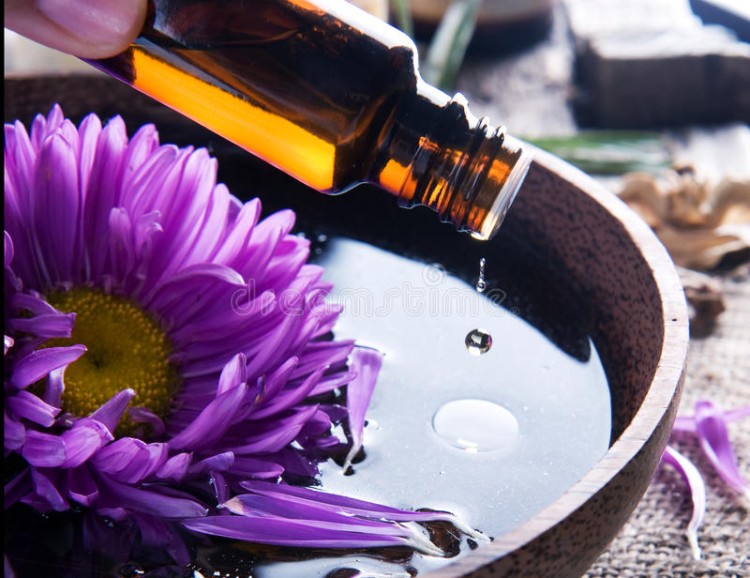
Essential oils can make a positive impact on your health and well-being as long as you use them in a safe way.
Want to give essential oils a try? Learn what conditions they may help treat and how to find quality essential oils, since not all products are created equal. Venkatramna Industries manufactures and supplies essnetail oils which are safe to use. Before releasing the batch the efficacy test were performed to ensure its safety.
Essential oils are basically plant extracts. They're made by steaming or pressing various parts of a plant (flowers, bark, leaves or fruit) to capture the compounds that produce fragrance. It can take several pounds of a plant to produce a single bottle of essential oil. In addition to creating scent, essential oils perform other functions in plants, too.
Aromatherapy is the practice of using essential oils for therapeutic benefit. Aromatherapy has been used for centuries. When inhaled, the scent molecules in essential oils travel from the olfactory nerves directly to the brain and especially impact the amygdala, the emotional center of the brain.
Essential oils can also be absorbed by the skin. A massage therapist might add a drop or two of wintergreen to oil to help relax tight muscles during a rubdown. A skincare company may add lavender to bath salts to create a soothing soak.
The quality of essential oils on the market varies greatly, from pure essential oils to those diluted with less expensive ingredients. And because there's no regulation, the label may not even list everything that's in the bottle you're buying. That's why essential oils should not be ingested.
Johns Hopkins also advises against using essential oil diffusers, small household appliances that create scented vapor. Diffusion in a public area or household with multiple members can affect people differently. For example, peppermint is often recommended for headaches. But if you use it around a child who's less than 30 months old, the child can become agitated. It could have a negative effect. Additionally, someone with fast heartbeat can react adversely to peppermint.
The safest ways to use essential oils include:
A small number of people may experience irritation or allergic reactions to certain essential oils. You're more likely to have a bad reaction if you have atopic dermatitis or a history of reactions to topical products. Although you can experience a reaction to any essential oil, some are more likely to be problematic, including:
Because pure essential oils are potent, diluting them in a carrier oil is the best way to avoid a bad reaction when applying directly to the skin. If you get a red, itchy rash or hives after applying essential oils, see a doctor. You may be having an allergic reaction.
There are dozens of essential oils, all with different fragrances and chemical makeups. Which essential oils are best depends on what symptoms you're looking to ease or fragrances you prefer. Some of the most popular essential oils include:

|

|
Currently, there are no comment.
Login to comment